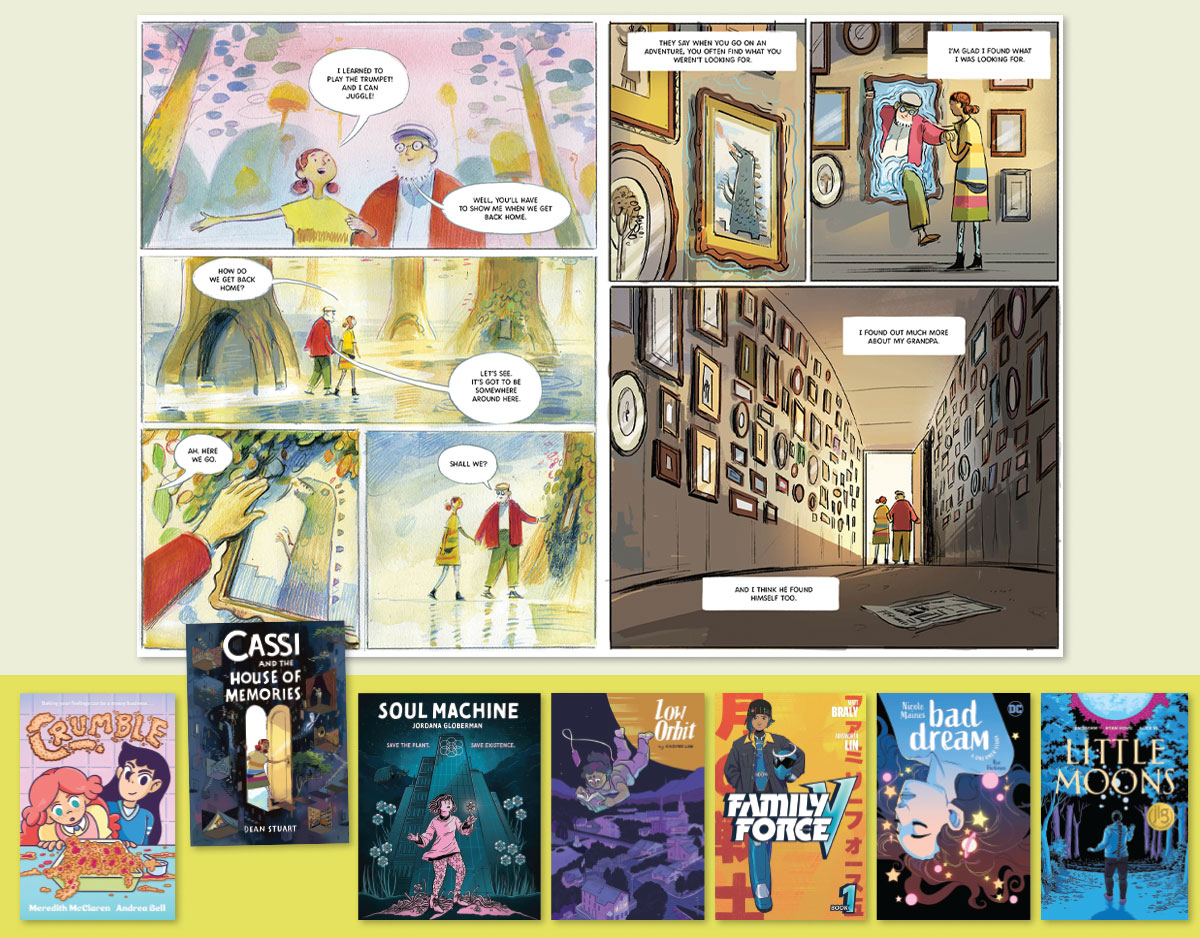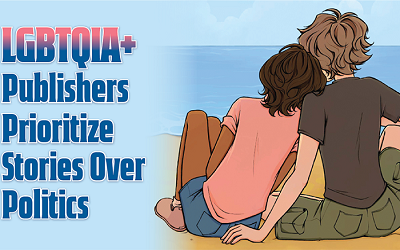SCROLL DOWN TO READ THE POST
This Dark Endeavor
So there are some things that we probably all know about Victor Frankenstein. Let’s make a list:
- Mad scientist.
- Ruthless determination.
- “IT’S ALIVE!”
- Questionable judgment.
 Kenneth Oppel’s This Dark Endeavor takes a look at Victor Frankenstein, the teenage years. It’s faithful in spirit to Mary Shelley’s original and an action-packed addition to the Frankenstein canon. It’s received three starred reviews, Oppel’s a past honor winner (for Airborn), and it’s in our buzz pile.
Kenneth Oppel’s This Dark Endeavor takes a look at Victor Frankenstein, the teenage years. It’s faithful in spirit to Mary Shelley’s original and an action-packed addition to the Frankenstein canon. It’s received three starred reviews, Oppel’s a past honor winner (for Airborn), and it’s in our buzz pile.
Here we learn that Victor is the younger twin brother to Konrad. The Frankenstein twins, along with their cousin Elizabeth and friend Henry Clerval, are all best friends, growing up and hanging out at Chateau Frankenstein.
ADVERTISEMENT
ADVERTISEMENT
Oppel has peppered the story with episodes that reference Frankenstein and/or the history that surrounds the writing of the novel. I have mixed feelings about these moments. Some feel a little obvious and forced: a little too on-the-nose — especially the dreams. However, I don’t think they’re all clumsy storytelling; sometimes Oppel makes it seem effortless to mix the fictional and factual, and this remixing gives the story interesting layers. The more successful nods are subtle, fine moments that provide textured foreshadowing to an inevitable conclusion or clever acknowledgements of real life. Finding these moments is intellectually satisfying — it’s like a spot-the-inspiration game — but it’s never really emotionally satisfying.
But that might be par for the course. V-Frank has always seemed, despite his gothic-romantic-hero status, to be all about head rather than heart. And Oppel’s version of Victor feels the same. His tortured relationship with twin Konrad is not emotionally engaging. Konrad is the elder twin who stands to inherit the Frankenstein fortune; Konrad is better academically; Konrad is more talented athletically. Poor Victor is the Jan Brady to Konrad’s Konrad! Konrad! Konrad!
We usually all love an underdog, but somehow Victor never seems like one. Even in the love triangle — Konrad and Elizabeth are in love, but Victor loves her, too, and Elizabeth sometimes seems torn between the twins — Victor comes off as more spoiled and petulant than sympathetic. One reason for this might be the repetition inside Victor’s head. We are so frequently reminded of Victor’s jealousy and twin issues, his need to be the best at something, anything; they’re believable motivations for the lengths he goes to in Oppel’s work, and definitely fit with the protagonist we will meet in Frankenstein. I think the gothic flavor of the novel hurts Victor’s character development here. He broods a lot, but he dwells so heavily on his flaws that they dominate. In the end we are left with a one-note hero.
This novel shines in the adventure scenes. When Victor, Elizabeth and Henry team up to make the Elixir of Life in order to save Konrad, their quests to get the ingredients are taut reading. Oppel makes the gothic novel conventions work really well here. The exotic locations (they scale the highest trees of the Sturmwald, they explore darkest caves in search of the deadly Coelacanth) are vivid, and the action is really effective; this is where the story really came alive for me. When we get out of Victor’s head and watch him lose himself in the hunt to save his brother, the novel feels alchemically (ha!) transformed.
Other things that work: Polidori (which, hey: Polidori! Get it?), and Victor’s father are memorable characters who add to the story and also successfully echo elements of Mary Shelley’s work. Pere Frankenstein in particular, adds a lot of polish. Although the twist with his character took too long, it was still really powerful. His final revelation to Victor adds another layer to the stories. The father’s guilt and shame mirror the guilt and shame Victor experiences with regard to his feelings for his twin, and the guilt and shame he will eventually express on board Captain Walton’s ship, which then mirrors the guilt and shame the creature expresses over his own actions. The Frankenstein library is like a Frankenstein curse made physical, and you can see it passed on from one generation to the next, from one alchemist to the next, from one book to the next.
Oh, on the way to get the Coelacanth — also striking. As the twins and Elizabeth navigate a bunch of tunnels inside a deep and dangerous cave, they have a whole conversation about birth and its messy complications. Big nod to the original novel, which of course wrestled with the idea of who should have the power to make life.
I’ve done a lot of raving, and Oppel clearly put so much care into this book; there really are a great many strengths, and I’ve waffled about where I’m landing in this review. In the end, I don’t think this is a final fiver. I think that, for me, it boils down to the idea that most of the stuff that’s great is very intellectual, and I found very little heart. I think that’s what happens when you take the creature out of Frankenstein.
Filed under: Contenders, Fiction
About Sarah Couri
Sarah Couri is a librarian at Grace Church School's High School Division, and has served on a number of YALSA committees, including Quick Picks, Great Graphic Novels, and (most pertinently!) the 2011 Printz Committee. Her opinions do not reflect the attitudes or opinions of SLJ, GCS, YALSA, or any other institutions with which she is affiliated. Find her on Twitter @scouri or e-mail her at scouri35 at gmail dot com.
ADVERTISEMENT
SLJ Blog Network
Instagramming ALA 2025 (Part II)
Review of the Day: Freya and the Snake by Fredrik Sonck, ill. Jenny Lucander
Love in the Palm of His Hand, vol. 1 | Review
Book Review: The Dead of Summer by Ryan La Sala
The Classroom Bookshelf is Moving
ADVERTISEMENT
ADVERTISEMENT







